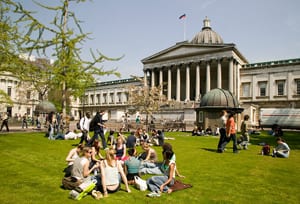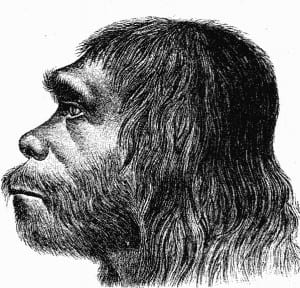Apocalypse in 2012? History, myth and science.
By Katherine Aitchison, on 21 December 2012
 As you are no doubt aware, the world is scheduled to end today (21st December 2012). At least according to a lot of interpretations of Mayan calendars.
As you are no doubt aware, the world is scheduled to end today (21st December 2012). At least according to a lot of interpretations of Mayan calendars.
But how likely is this impending doom? And is that really what the Mayans were prophesising? These are the questions that were answered by Prof Elizabeth Graham of the UCL Institute of Archaeology and Dr Francisco Diego Quintana, UCL Department of Physics and Astronomy at a Lunch Hour Lecture on the 6th December.
Prof Graham is a Mayan archaeologist who talked about the accuracy of the ‘prophecy’ and the facts behind it. She began with a warning: some interpretations claim the end of the world will actually happen on the 23rd December so don’t get too excited when you wake up tomorrow – there’s still time for an apocalypse.
After attempting to explain the intricacies of the somewhat complicated Mayan calendar we got down to the business of the actual prophecy.
 Close
Close




